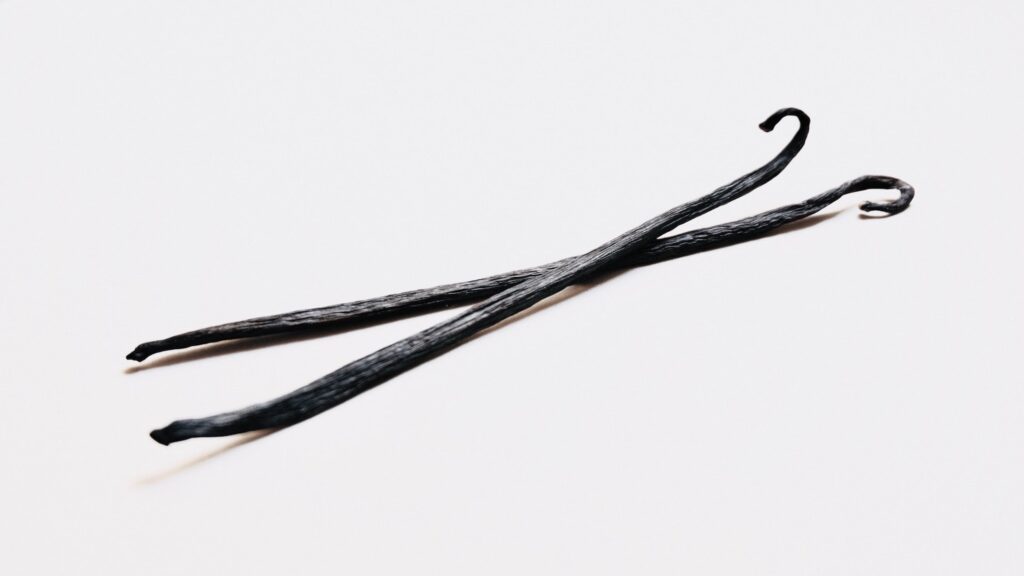
Scientists have devised a novel way of tackling the mounting issue of plastic pollution… by using bacteria to transform plastic waste into vanilla flavoring.
Researchers have discovered that the common bacteria E. coli can be deployed as a sustainable way to convert post-consumer plastic into vanillin, a new study reveals.
Vanillin
Vanillin is the primary component of extracted vanilla beans and is responsible for the characteristic taste and smell of vanilla.
The transformation could boost the circular economy, which aims to eliminate waste, keep products and materials in use and have positive impacts for synthetic biology, experts say.
Plastic crisis
The world’s plastic crisis has seen an urgent need to develop new methods to recycle polyethylene terephthalate (PET) – the strong, lightweight plastic derived from non-renewable materials such as oil and gas and widely used for packaging foods and convenience-sized juices and water.
Approximately 50 million tonnes of PET waste is produced annually, causing serious economic and environmental impacts. PET recycling is possible, but existing processes create products that continue to contribute to plastic pollution worldwide.
Tasty solution
To tackle this problem, scientists from the University of Edinburgh used lab engineered E. coli to transform terephthalic acid – a molecule derived from PET – into the high value compound vanillin, via a series of chemical reactions.
The team also demonstrated how the technique works by converting a used plastic bottle into vanillin by adding the E. coli to the degraded plastic waste.
Researchers say that the vanillin produced would be fit for human consumption but further experimental tests are required.
Vanillin is widely used in the food and cosmetics industries, as well as the formulation of herbicides, antifoaming agents and cleaning products. Global demand for vanillin was in excess of 37,000 tonnes in 2018.
This is the first example of using a biological system to upcycle plastic waste into a valuable industrial chemical and this has very exciting implications for the circular economy. “The results from our research have major implications for the field of plastic sustainability and demonstrate the power of synthetic biology to address real-world challenges.Joanna SadlerFirst author and BBSRC Discovery Fellow , School of Biological Sciences, University of Edinburgh
Our work challenges the perception of plastic being a problematic waste and instead demonstrates its use as a new carbon resource from which high value products can be obtained.Dr Stephen WallacePrinciple Investigator and UKRI Future Leaders Fellow, School of Biological Sciences, University of Edinburgh
This is a really interesting use of microbial science at the molecular level to improve sustainability and work towards a circular economy. Using microbes to turn waste plastics, which are harmful to the environment, into an important commodity and platform molecule with broad applications in cosmetics and food is a beautiful demonstration of green chemistry. Dr Ellis Crawford Publishing Editor at the Royal Society of Chemistry
 Recycled plastic is a toxic cocktail: Over 80 chemicals found in a single pellet
Recycled plastic is a toxic cocktail: Over 80 chemicals found in a single pellet Paper drinking straws may be harmful and may not be better for the environment than plastic versions
Paper drinking straws may be harmful and may not be better for the environment than plastic versions Reusable plastic bottles release hundreds of chemicals
Reusable plastic bottles release hundreds of chemicals Reusable food containers and food safety
Reusable food containers and food safety